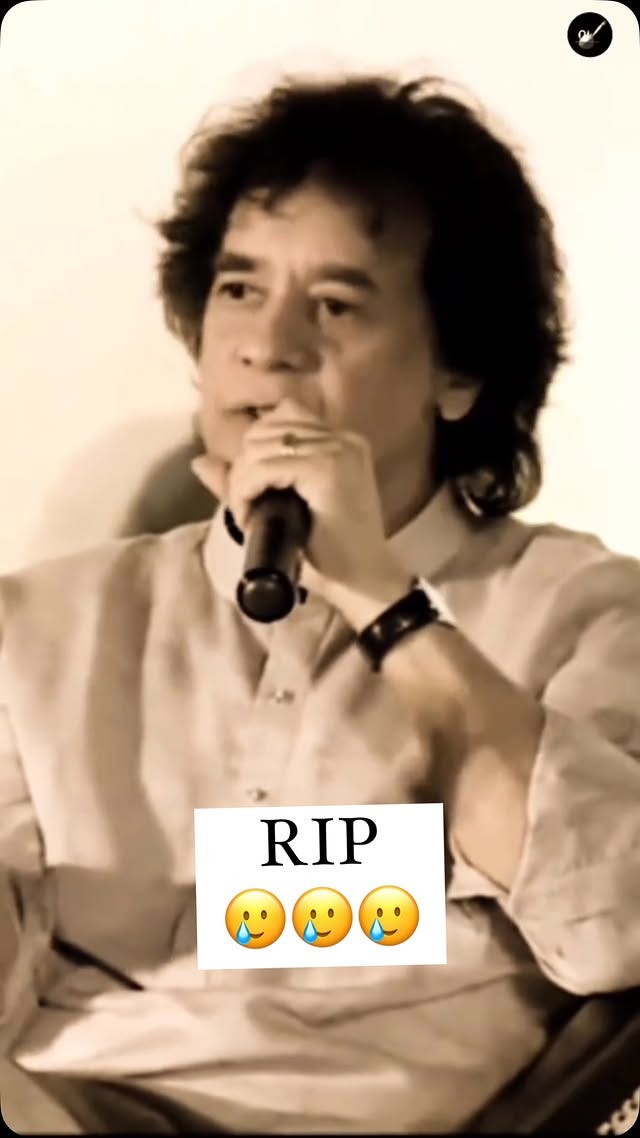No more teachers
7 things worth sharing
One easy, free way to support Skeleton School is to press the like button 👇
Hi All,
This installment’s emergent theme is teachers or the lack thereof:
“I don’t want instruction—didn’t want it when I started, either; I want companionship, a partner in speculation, a reminder in my alonest moments that I’m not alone entirely.”1 This aversion to teachers reminds me how I felt when I first started doing contact improvisation. I was sitting on the sidelines at my first jam, unsure how to get involved. I watched the dance which seemed crazy, chaotic, maybe hippie-ish. I remember a particular moment when an undifferentiated mass of people was rolling around in a tangled mess on the floor. Then all of a sudden a hand popped out to grab my foot and pull me into the dance. Whenever I tell this—one of my dance origin stories—someone says, “I’d feel so uncomfortable if that happened to me.” But I loved it, and I’ve never sat on the sidelines again.
“Imagine a dancing party attended by a man who never dances, for reasons best known to himself. He always declines all invitations to participate saying that he does not know how. One woman, however, likes the man sufficiently to persuade him to take the floor. Moving herself, she somehow manages to make him move too. The dance is not very complicated, and after a few awkward moments when his ear tells him that the music has something to do with it, he becomes conscious that her movements are rhythmical. Nevertheless, he is relieved when the dance stops and he can return to his seat and breathe again. At the end of the evening he finds he can follow her movements and steps more easily, and can even avoid bumping into her feet. Half thinking, he feels that perhaps he has not performed so badly, although he knows that he still cannot dance.
After going to a second party, he makes sufficient progress to shake his conviction that dancing is not for him. At the next party, finding a woman left sitting alone like himself, he asks her to dance, still protesting that he is not very good. Ever since then he has danced, forgetting to begin with an apology.
Consider the woman who could dance, and how she made a pupil or client dance also, without teaching musical rhythms, dancing steps, and all the rest of it. Her friendly attitude and her experience made him learn without any formal teaching. A certain kind of knowledge can pass from one person to another without a healing touch. However, the man must have learned to use his legs, hands, and the rest of him before a friendly touch could help him to use his experience and learn to dance so easily. He learned notwithstanding his ignorance of his latent ability.
In saying that I work with people I mean that I am “dancing” with them. I bring about a state in which they learn to do something without my teaching them, any more than the woman taught the dancer.”2RIP Zakir Hussein - Here’s a clip of him talking about dipping your cup in the river of knowledge, the same river into which your teacher dips their cup.
In 1973 Peter Elbow published a book called Writing Without Teachers, surfing the waves of the anti-authority vibes in the culture at the time. This is the book and the guy who popularized “free writing,” and I love how he frames the “homely truth” about teaching: “It is possible to learn something and not be taught. It is possible to be a student and not have a teacher. If the student's function is to learn and the teacher's to teach, then the student can function without a teacher, but the teacher cannot function without a student. I was surprised and chagrined that in twenty years of being a student and eight years of teaching I had not before formulated this homely truth. I think teachers learn to be more useful when it is clearer that they are not necessary.”
Another quote from the zeitgeist of the 70s: “I will be your last teacher. Not because I’m the greatest you’ll ever meet, but because from me you will learn how to learn. And then you’ll see there are no teachers, only people learning. The best teachers are just people learning how to facilitate learning.”3
I like to think Skeleton School might be a part of your learning process, but I’m not exactly sure. Does this publication help learning happen for you? Or is it something else? Can you help me learn a little more about what your interested in?
If you said “Something else”… please:
“The greatest thing you’ll ever learn is just to love and be loved in return.” Now that’s a proposition! It’s from the song Nature Boy, about which wikipedia says: “it was written by eden ahbez as a tribute to Bill Pester, who practiced the Naturmensch and Lebensreform philosophies adopted by Ahbez. The lyrics of the song relate to a 1940s Los Angeles–based group called ‘Nature Boys’, a subculture of proto-hippies of which Ahbez was a member.” I always like learning about cultural moments when learning about the greatest things becomes a priority for many people. Hopefully that will happen more in 2025.
That’s all for this installment of 7 things worth sharing. Happy New Year! May your next year be full of the most satisfying kinds of learning.
Thank you for reading!
Ethan
Writer Carl Phillips in “My Trade Is Mystery”
Feldenkrais, The Elusive Obvious




